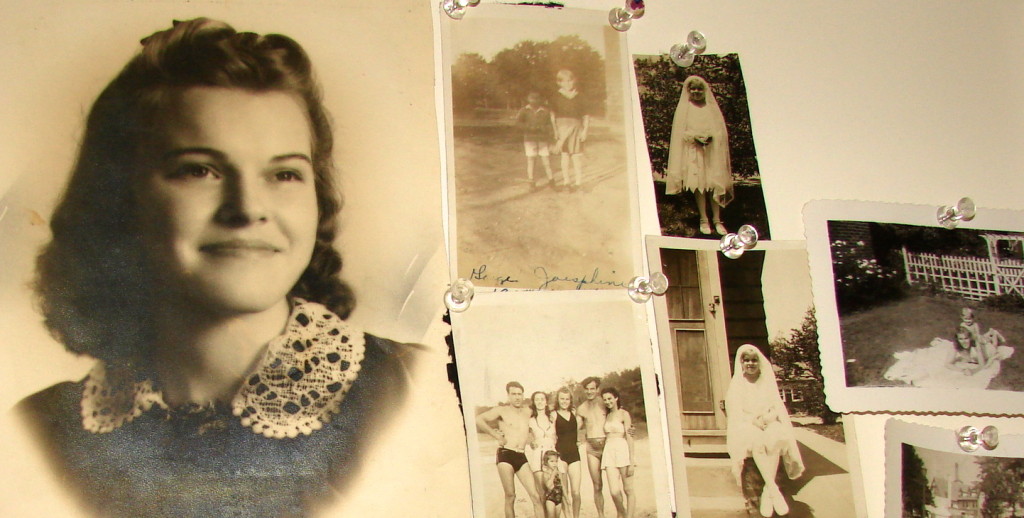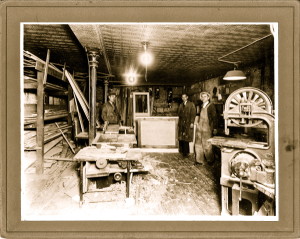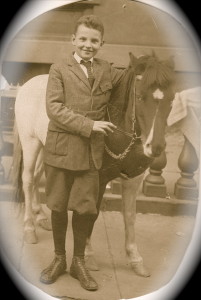 “Were I smarter, more gifted, I could pin down a closer facsimile of the wonders I see. I believe that, more than anything else, this grief of constantly having to face down our own inadequacies is what keeps people from being writers. Forgiveness, therefore, is the key. I can’t write the book I want to write, but I can and will write the book I am capable of writing. Again and again throughout the course of my life I will forgive myself.”
“Were I smarter, more gifted, I could pin down a closer facsimile of the wonders I see. I believe that, more than anything else, this grief of constantly having to face down our own inadequacies is what keeps people from being writers. Forgiveness, therefore, is the key. I can’t write the book I want to write, but I can and will write the book I am capable of writing. Again and again throughout the course of my life I will forgive myself.”
– Ann Patchett (from The Getaway Car: A Practical Memoir About Writing and Life)
I’m stressed because I can’t do it all.
Traveling and being away even for short periods of time
can screw up my whole routine.
Then I have a melt down.
I’m overwhelmed with things to do.
I’m told I’m a perfectionist.
I am.
I’m told I’m too hard on myself.
I am.
I’m trying to figure out how not to be those things
forgiving myself along the way.







